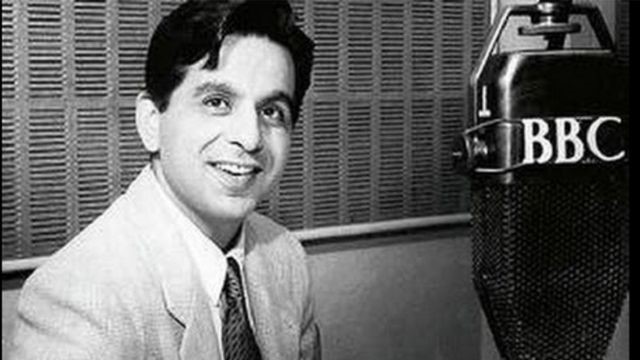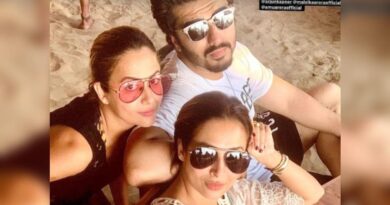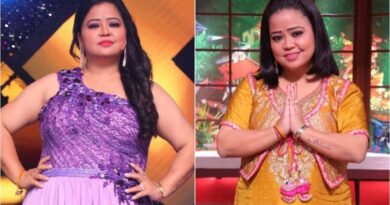The full story of Dilip Kumar changing from Yusuf Khan to Dilip Kumar
The world known as Dilip Kumar, whose acting examples are given, neither had any interest in working in films nor did he ever imagine that the world would ever remember him by any other name than his real name.
Dilip Kumar’s father was a big fruit trader in Mumbai, so from the early days, Dilip Kumar had to join his family business. Then Dilip Kumar used to be Yusuf Sarwar Khan, son of businessman Mohammad Sarwar Khan.
One day when he heard something from his father, then Dilip Kumar went to Pune, to stand on his own feet. Knowing English, he got a job as an assistant in the canteen of the British Army in Pune.
At the same time, he opened his sandwich counter which became very popular among British soldiers, but one day in this canteen, he had to be arrested for supporting the fight for India’s independence in an event and his work stopped.
Dilip Kumar has described these experiences very well in his autobiography ‘The Substance and the Shadow’.
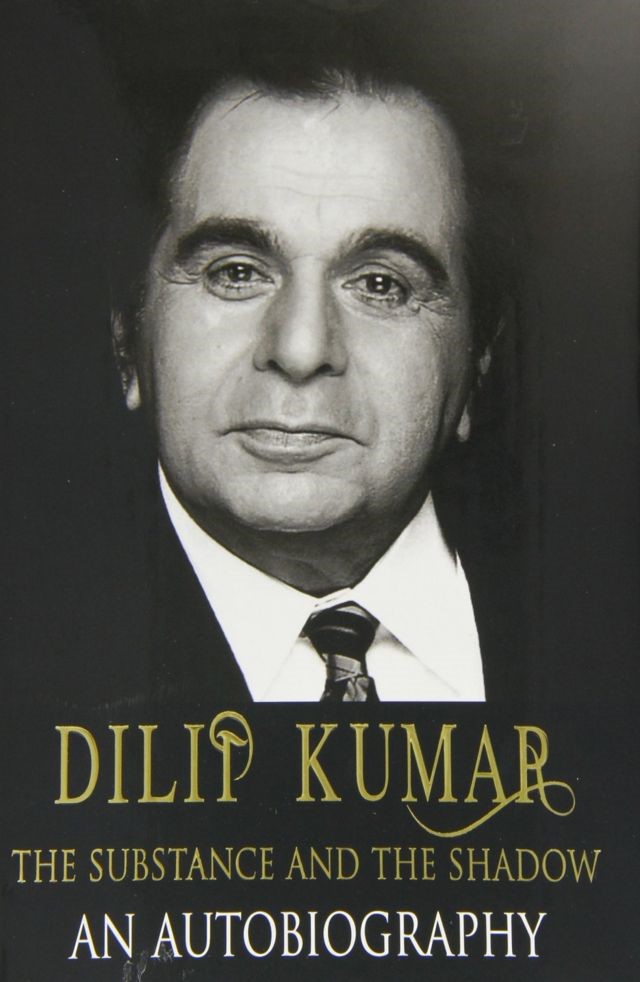
Yusuf Khan again returned to Bombay (now Mumbai) and started helping his father. He also started selling pillows which did not succeed.
When his father entrusted him with the task of going to Nainital to buy an apple orchard, Yusuf came to an agreement on an advance payment of only one rupee. Although the role of the owner of the garden was more in this, Yusuf got the praise of his father.
Yusuf Khan had to go to Dadar one day to get the job of supplying wooden cots in the British Army Cantt to increase the income during such business days.
They were waiting for a local train at Churchgate station when they met Dr Masani, a well-known psychologist. Dr Masani was on his way to meet Devika Rani, the owner of ‘Bombay Talkies’.
He told Yusuf Khan that what do you know, you can get some work there. At first Yusuf Khan refused but due to the attraction of going to a movie studio for the first time, he agreed.
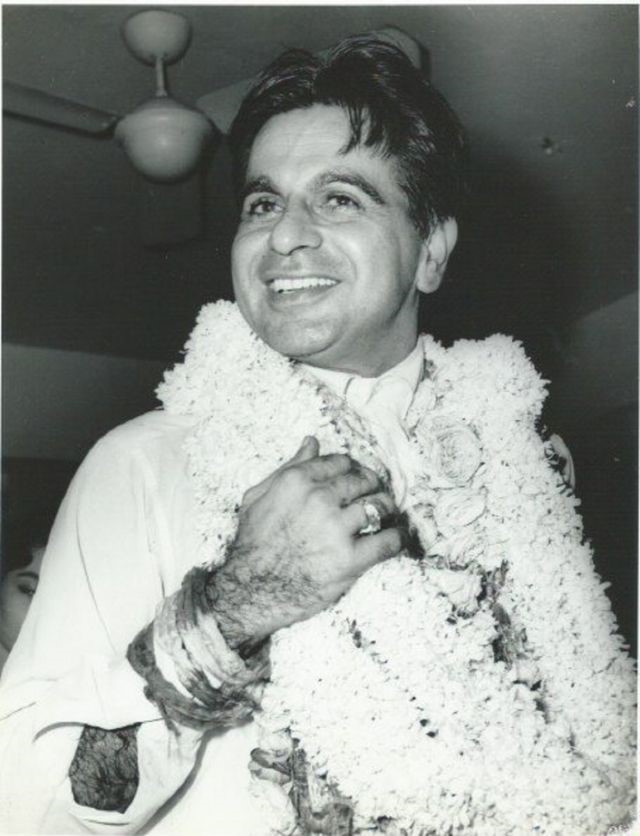
Devika Rani showed trust
Little did they know that their fate was about to change. Bombay Talkies was the most successful film production house of that era. His mistress Devika Rani was a film star as well as a cutting edge and visionary woman.
Dilip Kumar has written in his autobiography ‘The Substance and the Shadow’ that when they reached his cabin, he found Devika Rani a dignified woman. Introducing Dilip Kumar, Dr. Masani talked to Devika Rani about work for him.
Devika Rani asked Dilip Kumar if he knew Urdu? Before Dilip Kumar could answer yes, Doctor Masani started telling Devika Rani about her family and fruit business when she reached Mumbai from Peshawar.
After this Devika Rani asked Dilip Kumar that will you become an actor? Along with this question, Devika Rani offered him a job of Rs 1250 monthly. Doctor Masani signaled Dilip Kumar to accept it.

But Dilip Kumar thanked Devika Rani for the offer, saying that she has neither working experience nor understanding of cinema.
Then Devika Rani asked Dilip Kumar how much do you know about the fruit business, Dilip Kumar’s answer was, “Yes, I am learning.”
Devika Rani then told Dilip Kumar that when you are learning about fruit business and fruit farming, you will also learn film making and acting.
At the same time, he also said, “I need a young, good looking and educated actor. I see the ability to be a good actor in you.”
How big was the amount of Rs 1250 in the year 1943, it can also be estimated from this that Dilip Kumar got this annual offer, he asked Dr Masani to confirm it again and when Masani confirmed him to Devika Rani Dilip Kumar was convinced that it is only Rs 1250 per month and he accepted this offer and became an actor of Bombay Talkies.

Dilip Kumar played the role of postmaster in ‘Babul’ in the year 1950.
Apart from Shashidhar Mukherjee and Ashok Kumar in Bombay Talkies, other famous people started learning the nuances of acting. For this, he had to be in the studio every day from ten in the morning to six in the morning.
One morning when he reached the studio, he got a message that Devika Rani had called him to his cabin.
Dilip Kumar wrote in his autobiography about this meeting, “He said in his brilliant English – Yusuf, I want to launch you as an actor as soon as possible. So it is not a bad idea that you have a screen name “
“A name by which the world will know you and the audience will associate your romantic image with it. I think Dilip Kumar is a good name. When I was thinking of your name, this name suddenly came to my mind. How do you get this name? is feeling?”
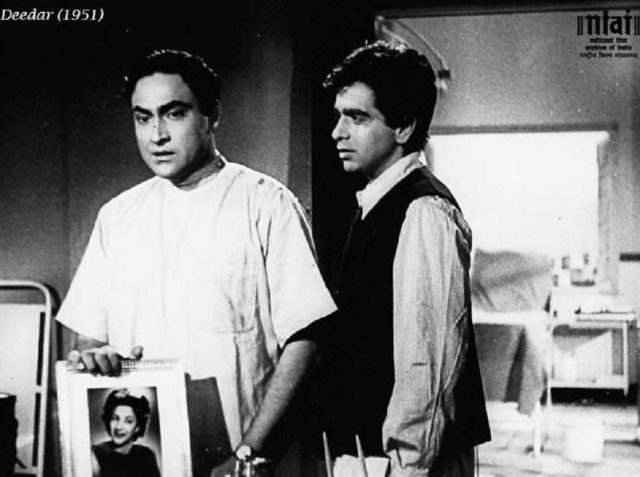
Dilip Kumar with Ashok Kumar in ‘Deedar’ in 1951. In this film, he played the character of a blind man.
Proposal to name Dilip Kumar
Dilip Kumar has written in his autobiography that hearing this, he had stopped speaking and he was not at all ready for a new identity. Still he told Devika Rani that this name is very good but is it really necessary to do this?
Devika Rani smiled and told Dilip Kumar that it would be wise to do so. Devika Rani told Dilip Kumar, “After much thought, I have come to the conclusion that your screen name should be there.”
Dilip Kumar has also written that Devika Rani said that she is able to see my long and successful career in films, so the screen name will be good and it will also have a secular appeal.
Although this was the period before the independence of India and at that time there was not much acrimony in the society regarding Hindu and Muslim, but within a few years there was a partition between India and Pakistan in the name of Hindu and Muslim.

Dilip Kumar’s character in Deedar established him as the tragedy king.
But Devika Rani had an understanding of the market, she knew that the ideal situation for a brand to be acceptable to the people of both the societies. Although it was not so, only Muslim actors had to change their names and keep screen names.
Before Dilip Kumar, Devika Rani along with her husband Himanshu Rai had established Kumudlal Ganguly as Ashok Kumar in the film ‘Achhut Kanya’ in 1936.
Ashok Kumar was the first Kumar of Indian cinema
In the year 1943, Ashok Kumar’s film ‘Kismat’ became a super duper hit. The success of this film made Ashok Kumar a superstar on sight. Ashok Kumar was the first Kumar of Indian cinema.
In such a situation, it is quite possible that in view of the earnings from the film ‘Kismat’, the Kumar surname was registered in the mind of Devika Rani while coming to the attention of the screen name for Yusuf.

Although this thing was not known to Dilip Kumar then, it was another matter that he was spending hours every day with Ashok Kumar and used to call him Ashok Bhaiya.
As Yusuf Khan, he agreed with Devika Rani’s arguments but he sought time to consider it. Devika Rani said that it is okay, after thinking and tell, but tell soon.
After leaving Devika Rani’s cabin, he started working in the studio but the name Dilip Kumar was running in his mind. In such a situation, Shashidhar Mukherjee asked him what thinking he was immersed in.
Then Dilip Kumar told her about the conversation with Devika Rani. Pausing for a minute, what Shashidhar Mukherjee told him is mentioned by Dilip Kumar in his autobiography.

Dilip Kumar, popularly known as the Tragedy King, played a comic role in ‘Ram Aur Shyam’
He said, “I think Devika is right. It is in your advantage to accept the name she has suggested. It is a very good name. It is another thing that I will keep knowing you as Yusuf.”
Following this advice, Yusuf Khan accepted the screen name of Dilip Kumar and started shooting for ‘Jwar Bhata’ under the direction of Amiya Chakraborty.
Started with ‘Jwar Bhata’
With this film released in the year 1944, Indian film history got Dilip Kumar. The first film didn’t work.
In an article on Dilip Kumar for the book Bollywood Top 20 Superstars of Indian Cinema published by Penguin Publications, senior film journalist Rauf Ahmed wrote that the editor of Film India, the leading magazine tracking Hindi films at the time, wrote on the release of Jwar Bhata. Baburao Patel wrote, “In the film, it seems that someone who looks mortal and hungry has been made a hero.”

Bombay Talkies’ Jwar Bhata in 1944 was Dilip Kumar’s first film.
But in the Lahore-based magazine Cine Herald, the editor of the magazine, BR Chopra (who later became a famous filmmaker), sensed the acting potential of Dilip Kumar.
He wrote about this film in his magazine that the way Dilip Kumar has delivered the dialogues in this film, it sets him apart from other actors.
Although the first film did not work, but according to the estimates of Devika Rani, Dilip Kumar’s star continued to shine after reaching the heights and such a magic of Kumar surname happened that many Kumars appeared in the Indian film industry.
The dream of secular sentiment that Devika Rani had about Dilip Kumar was so real and how Dilip Kumar became the face of secular sentiment with his acting, it was sung by Mohammed Rafi in the film ‘Gopi’, the bhajan ‘Sukh Ke Sab Saathi,’ It is wonderful to see him acting in Dukh Mein Na Koi, Mere Ram, Mere Ram, Tera Naam Ek Sancha Duja Na Koi.

In more than 60 films in which Dilip Kumar worked, he appeared in a Muslim character only in ‘Mughal-e-Azam’.
By the way, the truth of the film world has been that many actors have achieved success by adopting screen names. It includes both Muslim and Hindu artists and its list is very long.
long history of screennames
Rishi Kapoor has told in his book ‘Khullam Khulla’ that his father Raj Kapoor’s real name was Srishti Nath Kapoor. However, he later changed to Ranbir Raj Kapoor and appeared on the cinematic screen as Raj Kapoor.
Apart from him, his younger brothers Shammi Kapoor (real name Shamsher Raj Kapoor) and Shashi Kapoor (real name Balbir Raj Kapoor) were super hits with screennames. The real name of Dev Anand included in the trinity of Dilip-Raj-Dev was Dharmadev Pishorimal Anand. Whereas Guru Dutt’s real name was Vasant Kumar Shivshankar Padukone. Balraj Sahni’s real name was also Yudhishthira Sahni.
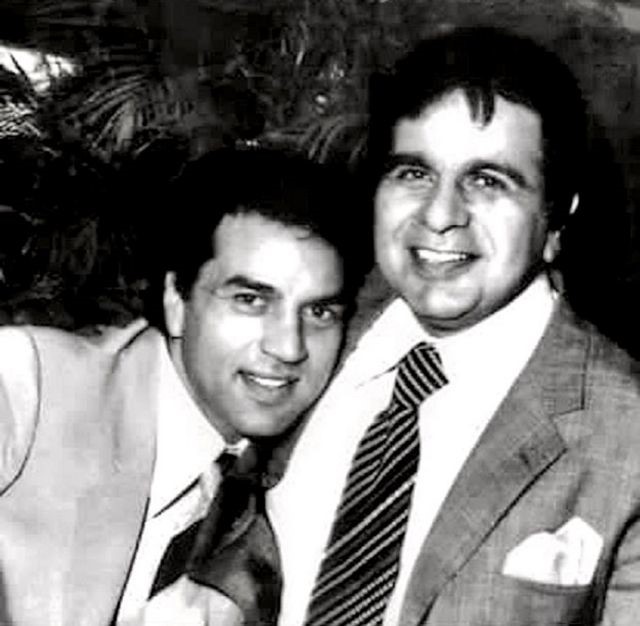
Apart from Ashok Kumar, his younger brother Kishore Kumar (real name Abhash Kumar Ganguly), Sunil Dutt (real name Balraj Dutt), Raj Kumar (real name Kulbhushan Pandit), Rajendra Kumar (real name Rajendra Tuli), Manoj Kumar (real name Harekrishna) Goswami), Dharmendra (real name Dharam Singh Deol), Jeetendra (real name Ravi Kapoor), Sanjeev Kumar (real name Harihar Jethalal Jariwala) and Rajesh Khanna (real name Jatin Khanna) also showed the trend of screen names.
This is followed by Mithun Chakraborty (real name Gorango Chakraborty), Danny (real name Tshering Finsto Denzongpa), Nana Patekar (real name Vishwanath Patekar), Sunny Deol (real name Ajay Singh Deol), Bobby Deol (real name Vishal Singh Deol), Ajay Stars like Devgan (real name Vishal Devgan) and Akshay Kumar (real name Rajiv Bhatia) also became famous by screen names. Sridevi (real name Sri Amma Yanger Ayappan) and Jaya Prada (real name Lalita Rani) were also known by their screen names.
However, some Muslim artists have also adopted Hindu names during this period. Dilip Kumar has been the most famous among them. The real name of Meena Kumari, two famous actresses of Indian cinema, was Mehjabeen Bano, while Madhubala’s real name was Mumtaz Jahan Dehlvi.

Ajit’s real name used to be Hamid Ali Khan, who was famous for his role of Villain, he started his film journey as a hero with the same name, though he later changed to the screen name Ajit. Famous comedian Johnny Walker’s name was Badruddin Jamal Qazi while Jagdeep’s name was Syed Ishtiaq Ahmed Jafri.
Rajinikanth’s real name is also Shivaji Rao Gaekwad, so it is not that only Muslim artists have adopted Hindu names. The trend of keeping screen names has always been there in the film world. This was seen even before Dilip Kumar and later many stars adopted it. This has been happening because of some stardom and the desire to make some names stylish and trendy.

